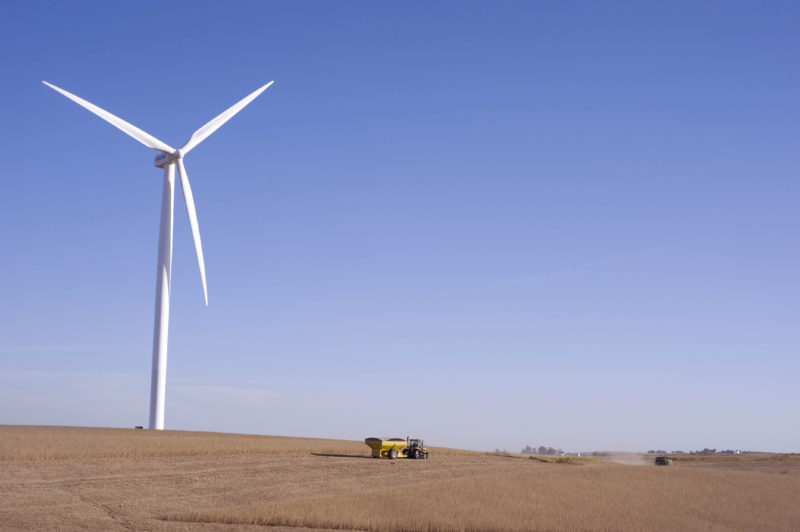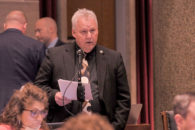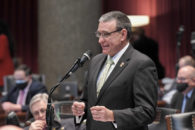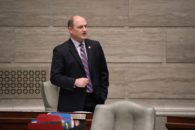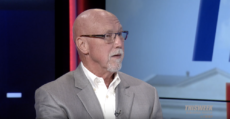As elected officials vacate Jefferson City and return to their families and jobs, The Missouri Times is bringing you updates on big initiatives that didn’t quite make it through before May 17. The “Next Steps” series will showcase progress made on certain legislative issues and offer a look ahead to what could come.
JEFFERSON CITY, Mo. — Despite a strong push in the House, an eminent domain bill that could have been detrimental to the proposed Grain Belt Express Clean Line Project didn’t make it through the General Assembly this legislative session.
So what’s next for the massive wind energy project? Regulatory approvals.
“The project is continuing through the regulatory process at the Missouri Public Service Commission on the acquisition of the project by Invenergy,” Beth Conley, an Invenergy spokeswoman, told The Missouri Times. “Once that is completed we will start working collaboratively with landowners and counties along the route to develop the project.”
There is no timeline on when that process will be completed, Invenergy said. The PSC last week addressed additional questions related to the project during a weekly agenda meeting and reaffirmed its support for the project and Invenergy’s involvement.
If approved and completed, the Grain Belt project would develop an overhead transmission line spanning nearly 800 miles to deliver wind energy from Kansas to Missouri and other states, according to its website. It would extend through eight Missouri counties: Buchanan, Clinton, Caldwell, Carroll, Chariton, Monroe, Randolph, and Ralls.

The project contends it would deliver about 4,000 megawatts of renewable power and clean energy to about 1.6 million homes per year and create new jobs — including both permanent and temporary construction work.
There was a strong push in the House this past session for legislation, championed by Republican Rep. Jim Hansen, that would limit private companies’ ability to use eminent domain to construct above-ground merchant lines. The bill narrowly passed a Senate committee before it ultimately stalled on the floor — thanks in part to Democratic Sen. Jason Holsman.
Still, Missouri Farm Bureau President Blake Hurst — one of the driving forces behind the opposition to the project — isn’t giving up hope quite yet. Hurst said he anticipated further appeals to the PSC as well as the opportunity for similar legislation to be reintroduced next session as well.
“There’s always hope. You keep fighting,” Hurst told The Missouri Times. “We’ve got alternatives … so we’ll keep working on it.”
Hansen does plan to reintroduce similar eminent domain legislation next session, with any tweaks that are needed due to any changes between now and January, The Missouri Times has confirmed.

Kaitlyn Schallhorn was the editor in chief of The Missouri Times from 2020-2022. She joined the newspaper in early 2019 after working as a reporter for Fox News in New York City.
Throughout her career, Kaitlyn has covered political campaigns across the U.S., including the 2016 presidential election, and humanitarian aid efforts in Africa and the Middle East.
She is a native of Missouri who studied journalism at Winthrop University in South Carolina. She is also an alumna of the National Journalism Center in Washington, D.C.
Contact Kaitlyn at kaitlyn@themissouritimes.com.

